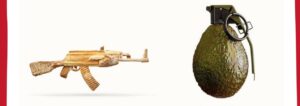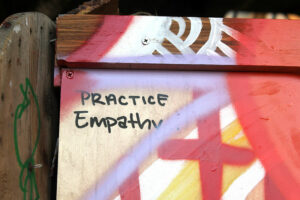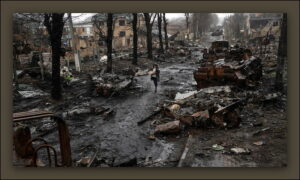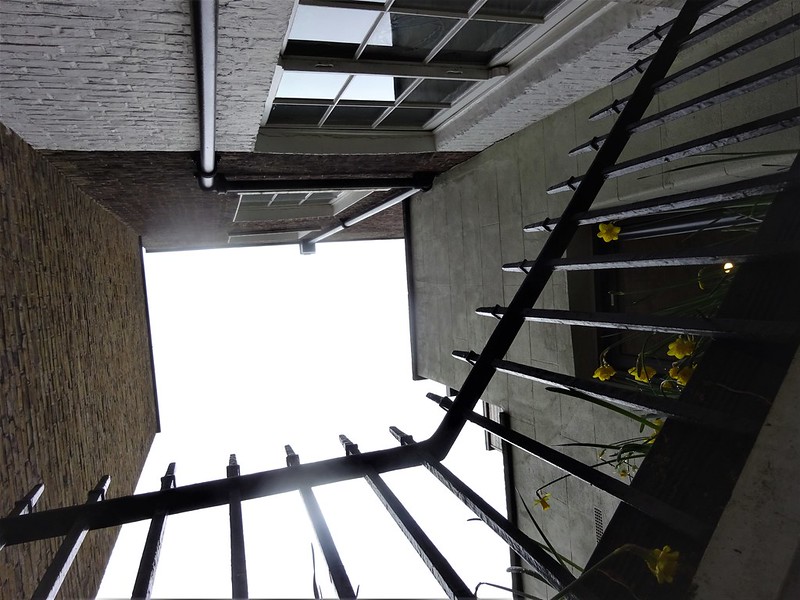Has it been 200 years already?
This week marks two centuries since the birth of the great English novelist and social campaigner Charles Dickens, in 1812. One of the best known and popular writers of his time, Dickens dedicated his life to producing social commentaries on poverty, hunger, exploitation, cruelty and injustice through his many novels and articles.
For many of us, first contact with the themes and issues of Dickens’s time takes place in secondary school. Hard Times, Great Expectations, A Tale of Two Cities, Bleak House… these are just some of his familiar works that have typically been exiled into the dusty realms of ‘classics’ sections on book shelves, not to be disturbed for fear of waking the outdated.
Liberate Charles Dickens!
We think its time to reclaim his works and return to the issues he lived and breathed in London. Are they so different from the struggles and social problems experienced by the millions of people across the world today living below the poverty line, under rising inequality, in urban slums or faced with continued gender discrimination?
The many themes and stark realities that Dickens fictionalised include abuses of industrial workers; the status of women; the punitive divorce laws of the time all come in for consideration; gratitude and suffering; the rise in social class. In his own life Dickens even helped to run and to finance a house for “fallen women”, offering prostitutes a fresh start away from their old lives in a large house in London.
A journalist by trade, Dickens was a masterful storyteller who challenged the Victorian elites and aristocracy by making them consider these kinds of social problems by bringing readers on literary journeys into the workhouses and slums, and into the homes of layers and aristocrats.
Take A Tale of Two Cities, for example. Set during the French Revolution, Dickens explores the limits of human justice by levelling a social evaluation with all of the poverty and injustice it displays for an examination of conditions that will persist just as long as violence and inequity continue to flourish.
Crush humanity out of shape once more, under similar hammers, and it will twist itself into the same tortured forms. Sow the same seed of rapacious license and oppression over again, and it will surely yield the same fruit according to its kind.
A Tale of Two Cities (1859), Chapter 15
If Charles Dickens were alive today would he be found at Saint Paul’s Cathedral in London (or elsewhere) camping with the other anti-capitalist and Occupy movement protesters?
____________________________
Explore more…
- Explore the 7 key takeaways from Philip Alston’s last report which is a a masterclass on extreme poverty ( special rapporteur on human rights and extreme poverty)
- Charles Dickens’s Inner Child by Christopher Hitchens | Vanity Fair | In the last article he wrote before his death in 2011, Hitchens pays tribute to Charles Dickens and his legacy (published February 2012)
- Dickens 2012 | The Dickens 2012 initiative is a useful place for educators, teachers and students alike to explore the social issues he raised during his own lifetime. The initiative, is committed to following Dickens’s educational mission by “supporting learning activities around the world, from teachers’ conferences and family workshops to creative writing master classes and writing competitions”.
- Wikipedia | Charles Dickens reference page
- The Life of Charles Dickens | BBC Drama| Here is a short BBC animation on The Life of Charles Dickens that is well worth watching for those interested in what informed Dickens’s writing that is brief, classroom friendly and accompanied by a ‘Can you survive Dickens’s London?’ interactive game.
Blogs, features and more on developmenteducation.ie

Urgently needed and timely new resource from Afri
Ciara Regan reviews Afri’s latest resource, Sowing Seeds of Peace, for post primary teachers which is adaptable and immediately useful across a range of school subjects.

It’s international women’s day. Don’t forget to tag us now that you feel #prettypowerful
From getting out to vote and entertaining two children off school due to it being a make-shift polling station, Ciara Regan reflects on international women’s day 2024.

Punching above its weight
Juan Acevedo-Ossa explores South Africa’s case against Israel as the latest example of its ability to act as a normative superpower, exceeding the great powers in shaping global moral discourse.

Empathy in a Divided World – workshop
Join us for this online session Empathy in a Divided World led by Brighid Golden to discuss how educators can respond to the challenges of selective empathy, both for ourselves personally and with others in our different settings.

What does Palestine have to do with Africa?
How does Israel’s current aggression on Gaza relate to Africa’s own history of political violence in Uganda and Africa?

‘What life is this?’: Escaping Ukraine’s occupied territories
From food shortages to informants, eight evacuees talk about life in Russian-occupied towns

